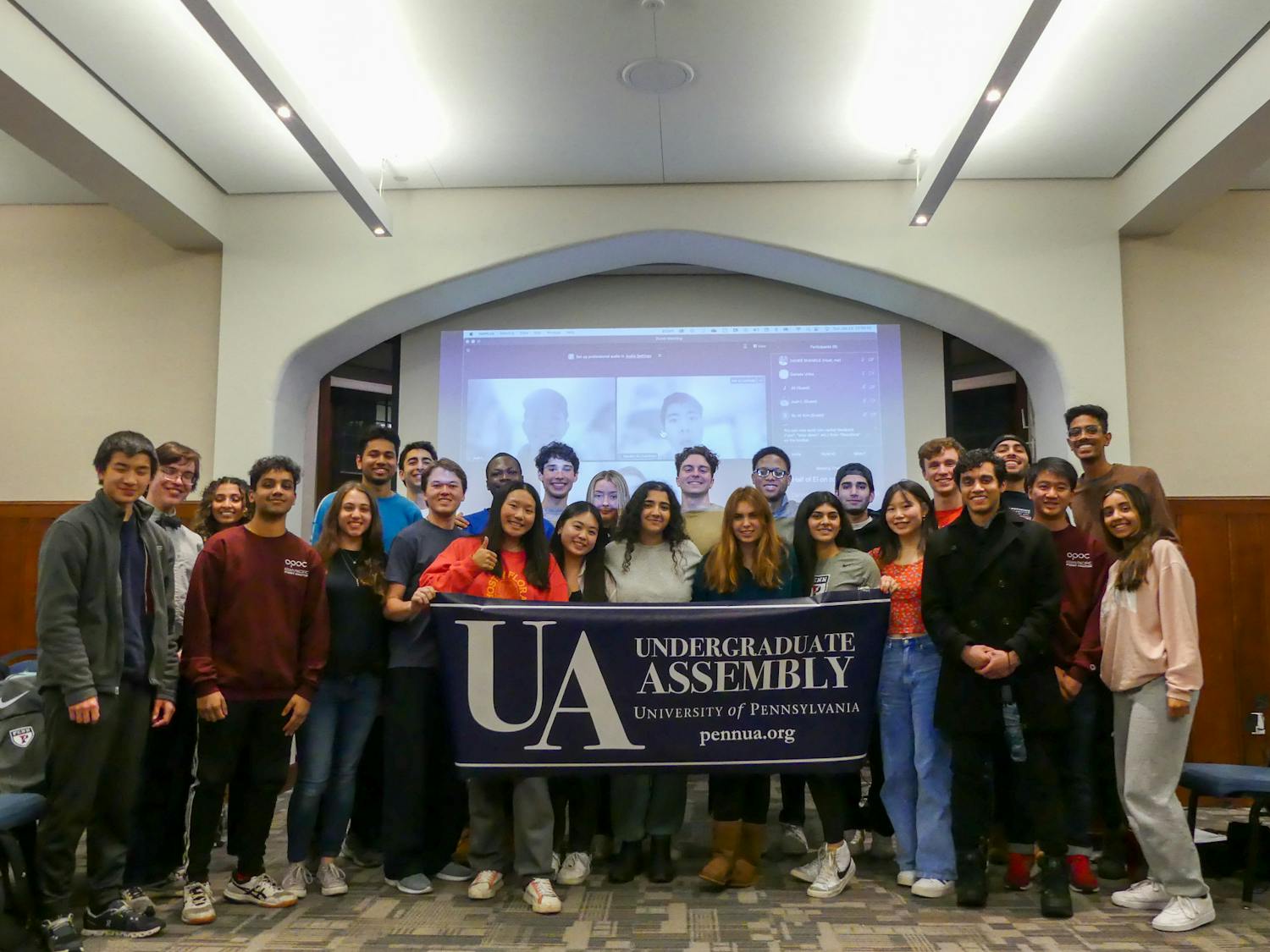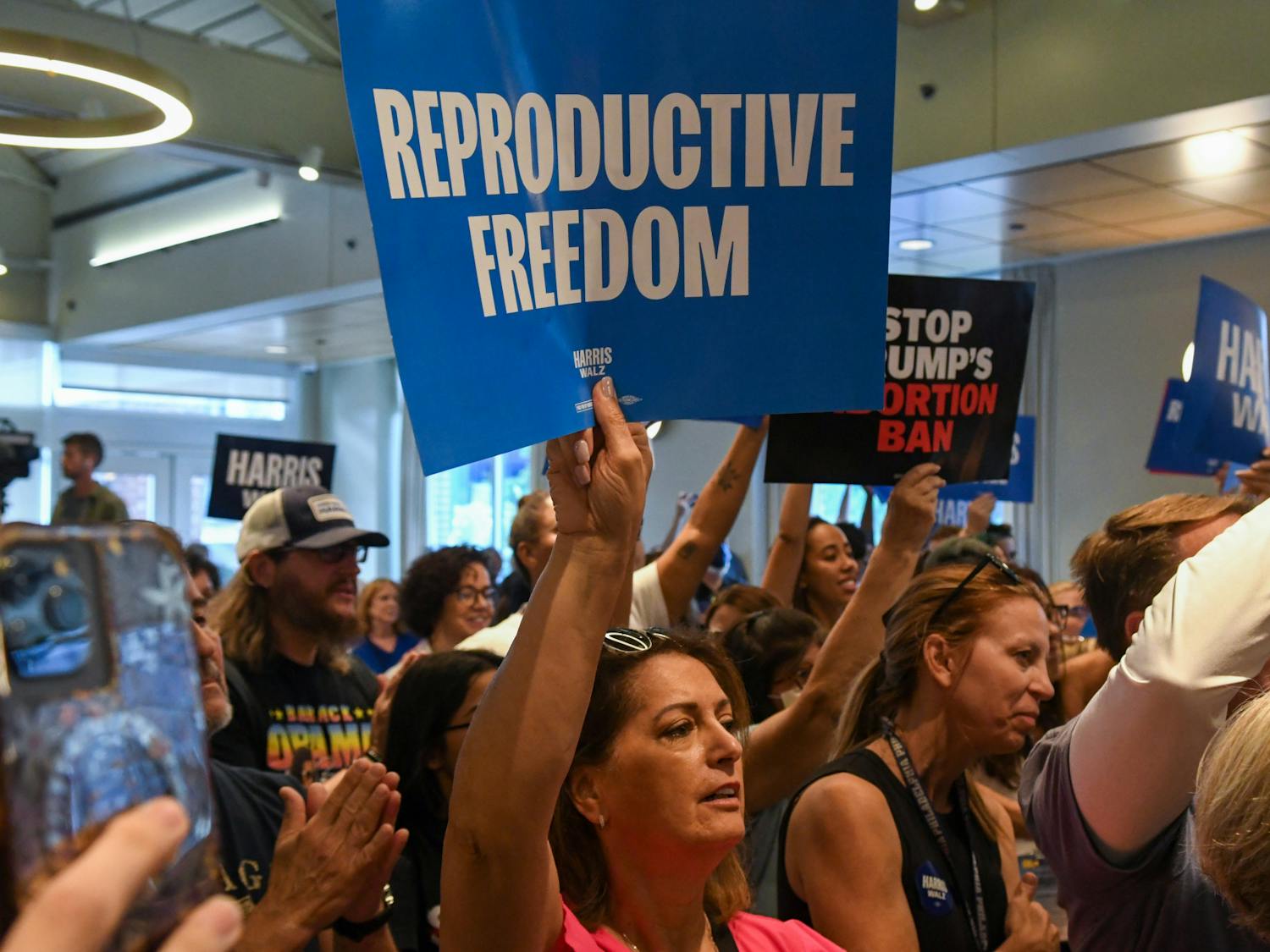Imagine you're in high school again and as your class president finishes the announcements over the intercom, she says, "And for the month of March, the school will be celebrating white history. John Smith will read a mock-autobiographical sketch about our first honoree."
Then, the intercom sputters during the handoff from one person to the next, and a young voice reads sheepishly, monotonously: "Hello. I was born in 1732 into a Virginia planter family. In my younger days, I pursued two interests: military arts and western expansion. When the Second Continental Congress assembled in Philadelphia in May 1775, I was elected Commander in Chief of the Continental Army. I led that army to win the Revolutionary War. I was also the first president of the United States. My name is George Washington. I am white."
My first memory of Black History Month was from seventh grade in rural Texas. The school board decided to commemorate the month by inviting a black motivational speaker to address all the students. As we were herded in, people kept asking, "Black History Month? What about white history month?" At the time, something seemed wrong about that. I couldn't pinpoint what.
"Every month is white history month," my father told me when I came home that day. I thought I understood him. I thought he meant that because African Americans had been enslaved and then denied civil rights, their place in history was smaller. Now, though, I know this isn't right either.
The latter part of the explanation is true -- the role of African Americans in U.S. history is less conspicuous -- but that is not because such a history does not exist. It is instead because their history is ignored.
One of my more valuable experiences at Penn came last semester when I enrolled in a seminar that focused on the history of African-American religion.
There, the names of some of America's supposed fathers of freedom, such as Thomas Jefferson or Abraham Lincoln, did not command any respect at all. Sometimes, they were bywords -- latent racists and hypocrites.
But there were other names, names of heroes, scholars and freedom fighters I had seldom heard: Nat Turner, Marcus Garvey, Fredrick Douglass, Malcolm X. What little I had read about them during high school cast them as deviant and threatening, sometimes as murderers.
Interestingly, however, I always knew about Booker T. Washington and Martin Luther King Jr.
The only explanation for this is that Washington and King embraced ideals for change without violence. By contrast, Nat Turner led a revolt during which he and his slave militia killed many people, including women and children. But dubbing him a murderer is egregiously misleading.
William Faulkner once wrote, "The past is never dead. It's not even the past." History is defined by the present. So why is it, now that academia and its tagalong, the media, have adopted political correctness with unquestioning vehemence, that the courage and heroism of other black leaders are still segregated into either African Studies courses or reserved for the month of February? It is another of history's lessons: that its owners, whoever they are, can write it how they want.
The latest sign that African Americans are recovering their place in history is the emergence of Martin Luther King Day as a major national holiday. On holidays like Washington's Birthday, we celebrate our national greatness in an orgasm of patriotism. Martin Luther King Day is unique because it is an examination rather than just a celebration. We look at a dark period in our history and celebrate a man who, more than anyone else, helped us to overcome it.
Although some conservatives opposed the holiday, Martin Luther King Day is a time for us to consider the reality of individual freedom and where we are in our struggle to achieve it.
King's place among the courageous of America is irrefutable, and honoring him and his legacy by serving others is more important than President's Day or any other holiday that we only notice because the mail doesn't come. The owners of history owe us that much.
Of course, the ongoing celebration here will not change everything, but it is a step in the right direction. By honoring King on this day, the American past that we will remember tomorrow will be more inclusive and complete than the past that we recall today.
Brad Olson is a senior History major from Huntsville, Texas.








